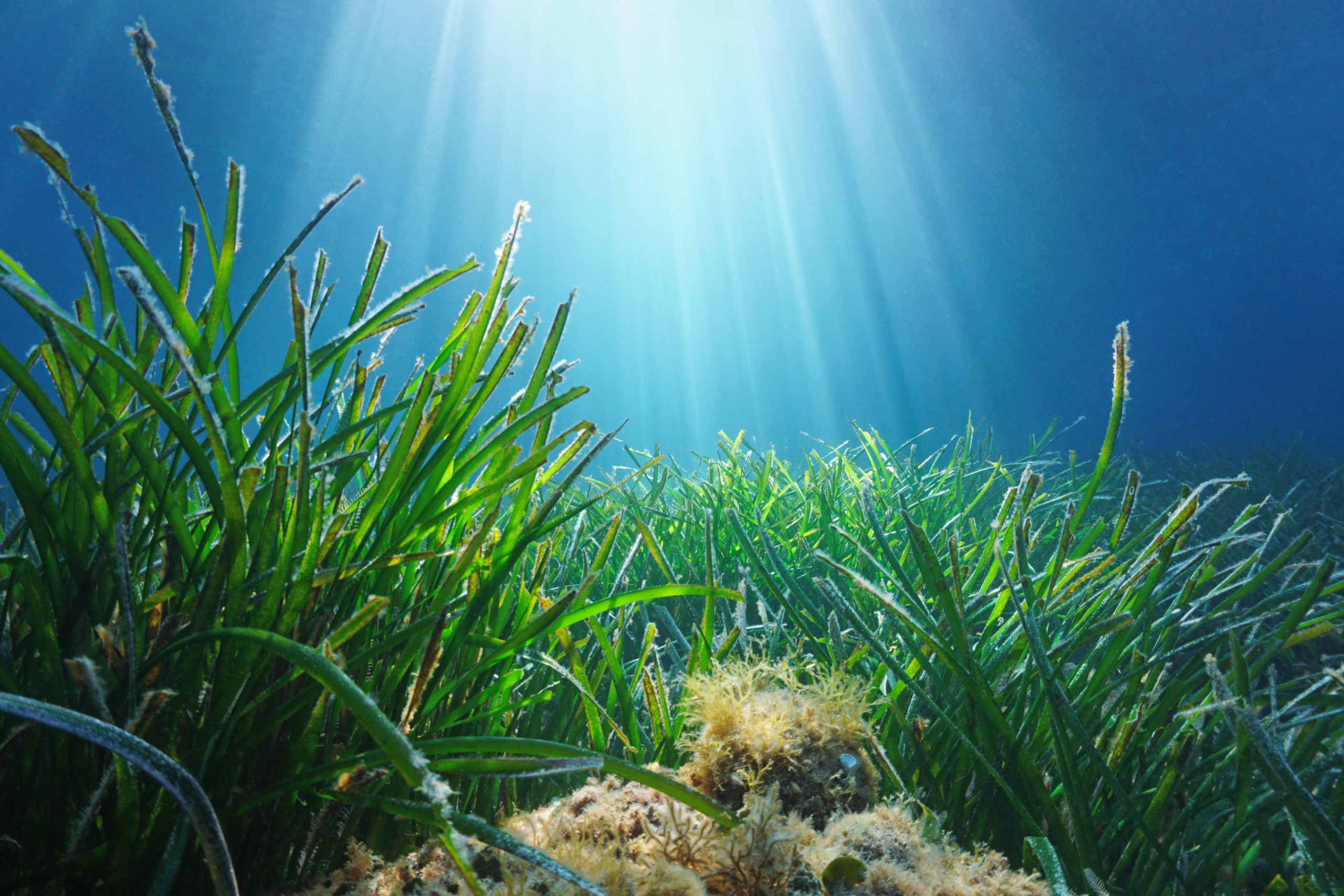In Belém, leaders must work to save the planet’s blue lung
Let’s save the tropical forests, but let’s not forget the oceans. This is the warning issued by the
Marevivo Foundation on the eve of COP30. The climate summit in Belém will rightly focus on
protecting the planet’s largest green lung: the Amazon rainforest. Yet urgent action is also needed to
safeguard the oceans, a true and indispensable resource for climate stability.
The ocean is a gigantic “heat sponge,” absorbing and storing most of the excess energy accumulated
in the Earth’s climate system: an estimated 89% of the excess heat generated by greenhouse gases
is stored in the oceans. This extraordinary thermoregulating capacity is now pushed to its limits, with
alarming consequences. The destructive force of Melissa, the recent Category 5 Caribbean cyclone,
stems from the dramatic warming of the oceans, whose heating rate has nearly doubled over the past
20 years.
The ocean’s vast absorption capacity makes it a powerful regulating force. The seas are the planet’s
largest carbon sink: historically, they have captured around 25–30% of human-generated CO₂
emissions. Some recent studies suggest that their annual carbon absorption capacity may reach 15
billion tonnes, an upward revision from previous estimates. Half of the oxygen we breathe comes from
the sea: through phytoplankton, the oceans produce more than 50% of Earth’s oxygen, making them
as vital as, if not more, terrestrial forests.
“The sea is our strongest ally against climate chaos, yet we are pushing it toward collapse. The
decisions taken at COP30 must reflect this reality. Protecting the oceans is one of the most effective
climate adaptation and mitigation measures we have, if not the most effective,” explains Rosalba
Giugni, president of Marevivo. “We must act now to safeguard at least 30% of the oceans by 2030, as
requested by the scientific community and outlined in international agreements. We need concrete,
measurable commitments to protect marine and coastal ecosystems,” Giugni continues. “We must
defend the ‘blue forests’ of mangroves and underwater seagrass meadows as essential tools for
carbon mitigation; invest in ocean observation programs to fully understand the accelerating changes
and develop effective adaptation strategies; and address climate change, biodiversity loss, and
pollution, especially plastic pollution, together, as they all threaten ocean health and its climate-
regulating role.”
Since the start of the industrial revolution, ocean absorption of CO₂ has increased acidity by roughly
30%, endangering ecosystems such as coral reefs. Moreover, since the 1950s, the ocean has lost
around 2% of its dissolved oxygen. Thermal expansion caused by rising temperatures accounts for
roughly 30-40% of today’s sea level rise, a direct threat to coastal communities across the globe.
Marevivo therefore hopes that COP30 will finally mark a decisive turning point in implementing the
ecological transition, which demands urgent action that can no longer be delayed.






